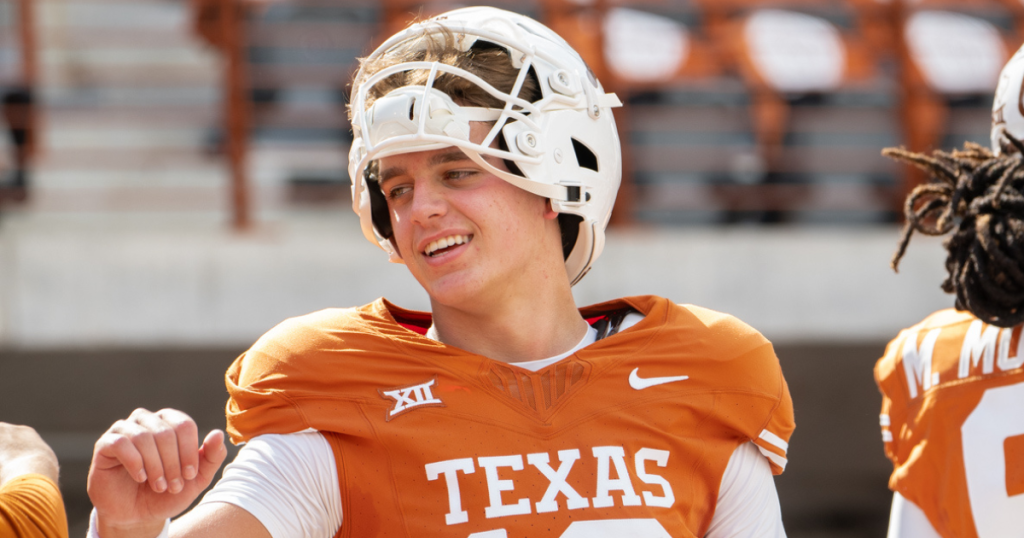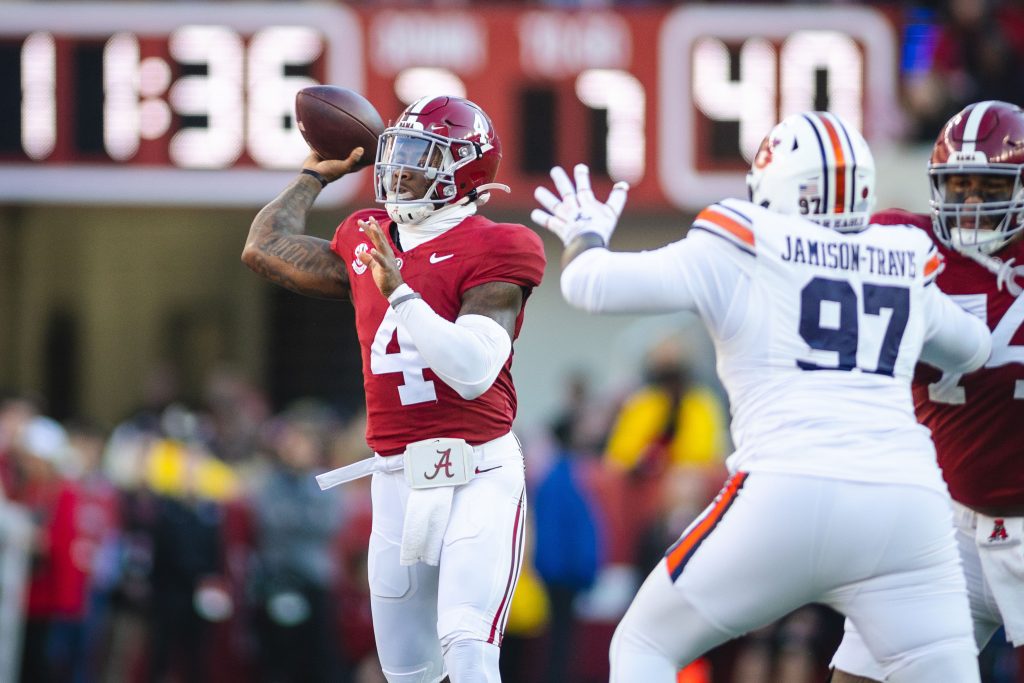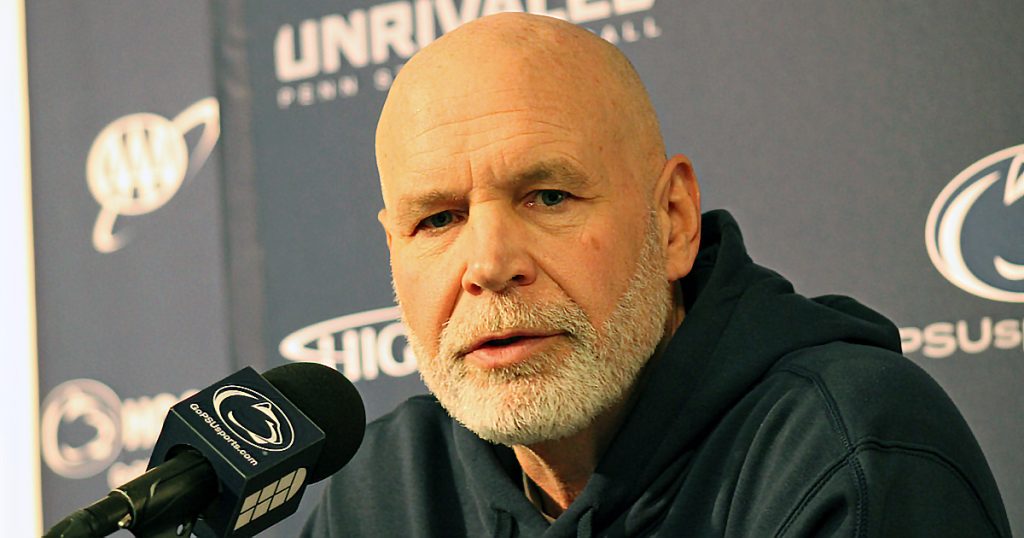Former Alabama coach Nick Saban has left an indelible mark on college football, and his legacy will undoubtedly inspire future generations of coaches. His approach to the game transcends mere tactics; it delves into the psychological aspects of coaching and player development. Saban’s insights into the mental game are invaluable, and he is more than willing to share them.
The Power of Psychology in Coaching
One of the cornerstones of the “Saban Way” is the integration of psychology into coaching. Saban believes that understanding the mental disposition of players is just as crucial as assessing their physical abilities. “I don’t know if you remember Dr. Rosen,” Saban shared on The Pivot podcast, “but I’ve always had this great appreciation for the psychological disposition of people and their ability to compete.”
Dr. Lionel Rosen’s Influence
Dr. Lionel Rosen, a psychiatrist, played a significant role in shaping Saban’s approach. Throughout his career, Saban has collaborated with various mental health professionals, including those at LSU and Miami. “Talent is not talent if you can’t use it,” Saban explained. “Some people can’t use it because of how they think or what their hard-wiring is.” This understanding has been instrumental in unlocking the potential of his players.
Understanding Players on a Deeper Level
What sets Saban apart is his ability to connect with his players on a personal level. He recognizes that each athlete is unique, and their motivations can vary widely. “Because he was a psychiatrist, Dr. Rosen could always give me some feedback on people that I would never be able to recognize as a coach,” Saban said. This insight allows Saban to tailor his coaching style to fit individual players, ensuring that each one feels valued and understood.
Mastering Motivation
Motivating a team is no small feat, but Saban has proven to be a master at it. He has a knack for crafting narratives that resonate with his players. For instance, when Alabama faces a loss during the regular season, Saban ensures that the Crimson Tide comes back stronger in the postseason. This ability to unlock a winning mentality is a testament to his coaching prowess, aided by the psychological insights provided by Dr. Rosen.
The Complexity of the Mind
While Saban’s approach may seem straightforward, mastering the mental game is anything but easy. The mind is a complex landscape, and understanding how to motivate players requires a nuanced skill set. “It sounds simple when I outline it,” Saban remarked, “but it’s far from an easy process to master.”
Over time, however, the effort to truly understand players and what drives them can yield significant rewards. “Everybody kind of learns that you really do have their best interests in mind and you’re trying to help them develop,” Saban noted. This commitment to player development fosters trust and respect, which are essential for a successful team dynamic.
Managing Adversity
In the world of college football, adversity is inevitable. Saban emphasizes the importance of teaching players how to navigate challenges. “There’s no game that you play where things always go right,” he explained. “They’re going to go wrong, and you’ve got to play the next play and respond to it.” This mindset is crucial for athletes who must remain resilient in the face of setbacks.
Unlocking Potential Through Psychology
Ultimately, Saban’s message is clear: psychology can be a powerful tool in unlocking a player’s potential. By understanding the mental aspects of the game, coaches can better prepare their athletes for success. Saban’s dedication to this philosophy has not only shaped his coaching style but has also left a lasting impact on the players he has mentored.
As college football continues to evolve, the lessons learned from Saban’s approach will undoubtedly influence future coaches. By prioritizing the mental game and fostering strong relationships with players, coaches can create an environment where athletes thrive both on and off the field. The legacy of Nick Saban is a testament to the profound impact that understanding psychology can have in the world of sports.





























